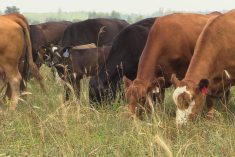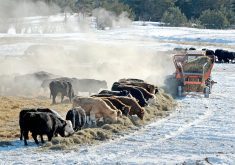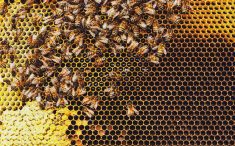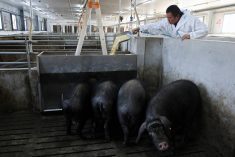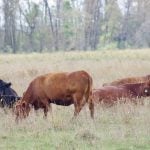Former southern Ontario MP Bob Speller, the agriculture minister for then-prime minister Paul Martin, will again run for the Liberals in the next federal election.
Speller, a businessman who represented the rural riding of Haldimand-Norfolk from 1988 to 2004, was ag minister from December 2003 until he was defeated by the Conservatives’ Diane Finley in June 2004.
“Rural Canada is being short-changed by the Harper Conservatives in these tough economic times and our people are suffering,” Speller, 53, said in a release Tuesday after again winning the party’s nomination in his home riding.
Read Also
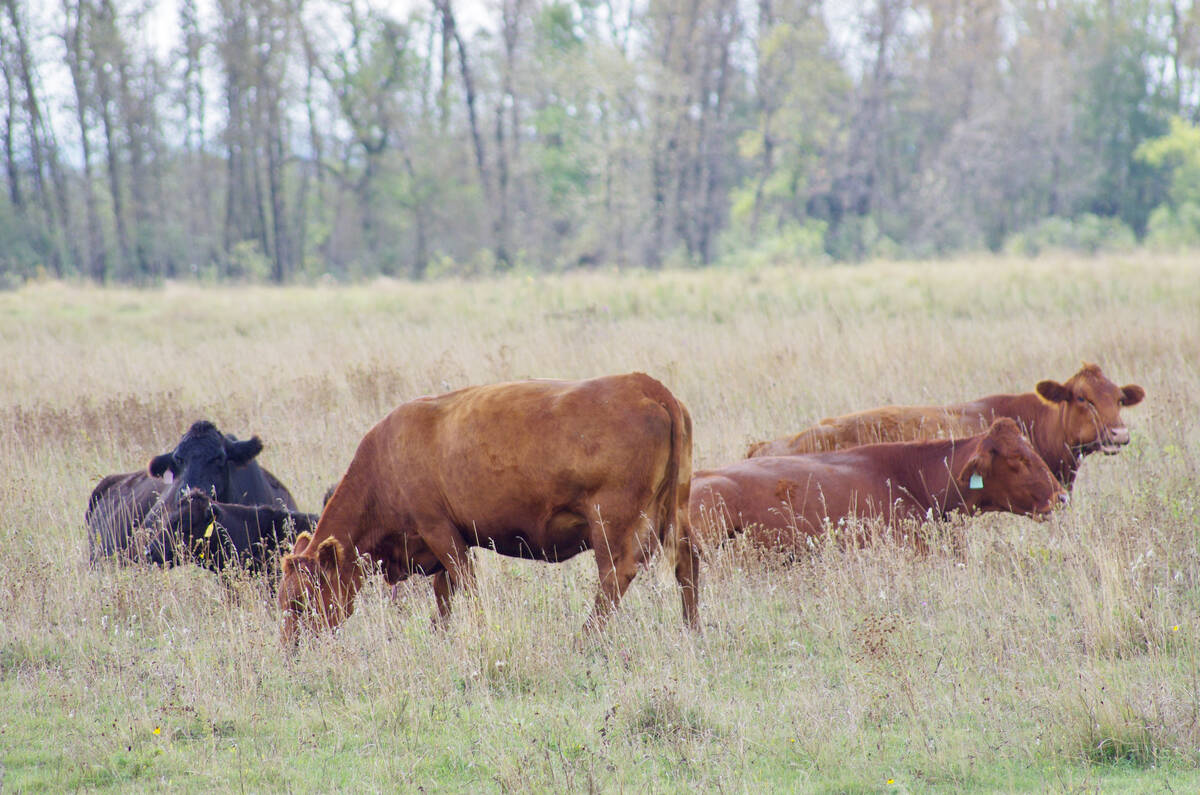
Trump signs proclamation increasing Argentine beef imports
U.S. President Donald Trump on Friday signed a proclamation to hike the country’s low-tariff imports of Argentine beef, though economists have said the attempt to lower costs for American consumers will likely have little impact on prices.
“I am running to fight for the jobs, the infrastructure, and the economic development that rural communities want and need, so they can have the prosperity they deserve.”
He said he’s seeking re-election because Liberal leader Michael Ignatieff “has a genuine desire to help rural Canada grow and prosper… I will use my experience as federal minister of agriculture to drive forward Michael Ignatieff’s vision of putting the concerns of rural communities front and centre where they belong.”
As an MP, representing a riding which includes Haldimand and Norfolk counties, Speller also chaired then-prime minister Jean Chretien’s 2001 caucus task force on future opportunities in farming.
Although Speller held it for the Liberals in four consecutive elections, Haldimand-Norfolk is far from a safe Liberal seat. Finley, the Conservatives’ current human resources minister, beat Speller in 2004 and 2006 by margins of over 1,600 and 7,500 votes respectively.
Finley went on to defeat one of the Liberals’ “star” candidates, Dr. Eric Hoskins, a well-known activist and president of the charity War Child Canada, by a spread of over 4,000 votes in 2008.
Speller also previously benefited from splits in the small-c conservative vote, pulling fewer votes in 1997 than the combined total of the riding’s Reform and Progressive Conservative candidates, and again in 2000 compared to the combined votes for his Canadian Alliance and PC opponents.



